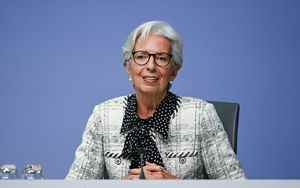(Finance) – “In response to still too high inflation in the euro area, the Governing Council of the ECB plans to further increase interest rates to ensure the timely return of inflation to our medium-term inflation target of 2%.In this context, it is it is particularly important that monetary policy and fiscal policy work hand in hand“. He stated this Christine Lagardepresident of the European Central Bank (ECB), in response to a letter from an MEP.
“Fiscal policies can partially mitigate the energy price shock, as they can mitigate the immediate impact of high inflation on low-income households – he explained – However, to limit the risk of fueling inflation, Fiscal support measures to protect the economy from the impact of high energy prices should be temporary and targeted at the most vulnerable.Policy makers should also provide incentives to reduce energy consumption and strengthen energy supply“.
According to Lagarde, “governments should also prosecute fiscal policies that demonstrate their commitment to gradually reduce high public debt ratios“.
“As fiscal policies will have to consolidate over time, countries may also have to seek additional tax revenues or reprioritize spending – he said – In general, these decisions must take into account equity and macroeconomic considerations. A key trade-off is that if the needy are supported through higher taxes, it has less of an effect on inflation than if deficits were increased. Furthermore, there may be highly profitable industries and businesses despite the energy shock.”
